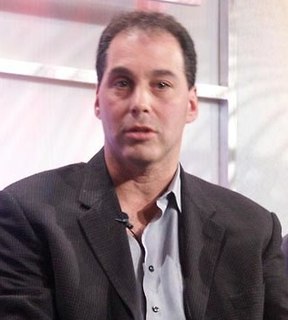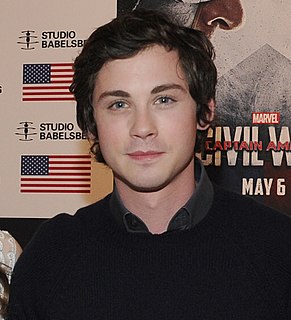A Quote by Clara Jeffery
Print works! It works as a business proposition - our print readers [of the Mother Jones] not only provide revenue in the form of subs and ads, but they are a core part of our donor community; 10 percent give us a donation on top of their subscription; that's about the same rate as NPR gets from its listeners.
Related Quotes
Especially with a magazine like Lampoon, which was very dependent on newsstand sales. Our readers didn't usually occupy the same address long enough to get a subscription, because they were in college, or they were hippies. So it was very up-and-down, and we had to calculate how many to print, which was always sort of a headache from a business point of view.
Distributed print is arguably our biggest challenge as a machinery supplier, as more publishers find efficiencies in transferring print production to remote printers and supersites. But our signature Goss flexibility and adaptability allow us to meet that challenge head-on with relevant technologies, services and expertise that continue to provide customers with an edge.
When God tells us to give extravagantly, we can trust Him to do the same in our lives. And this is really the core issue of it all. Do we trust Him? Do we trust Jesus when He tells us to give radically for the sake of the poor? Do we trust Him to provide for us when we begin using the resources He has given us to provide for others? Do we trust Him to know what is best for our lives, our families, and our financial futures?
To me, the print business model is so simple, where readers pay a dollar for all the content within, and that supports the enterprise. The web model is just so much more complicated, and involves this third party of advertisers, and all these other sources of revenue that are sort of provisional, but haven't been proven yet.
You got to remember, S corporations pay one layer of tax, corporations pay two layers of tax. So we basically see equivalent, but here`s the point. The rest of the world, they tax their businesses at an average rate in the industrialized world of 23 percent. Our corporate is 35. Our top S corporate, small business rate is 44.6 effectively. This is killing us.



































